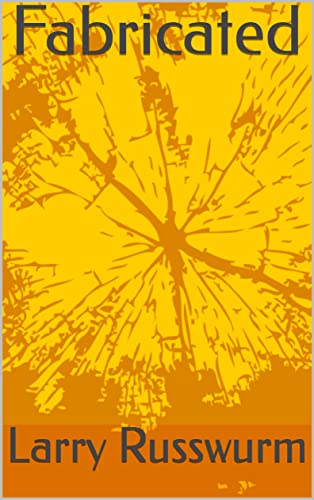Fiction writing has long been divided into the two areas of Genre fiction and Literary fiction. It has been said that one of the contrasting features of these two areas is that Genre fiction is plot driven and Literary fiction is character driven.
Now this isn’t always the case. Some Genre fiction is more about character and some Literary fiction revels in plot. But as a rule of thumb, a lot of the times it is the case.
I would like to propose a third driver of fiction, one that I am especially interested in. That is the setting driven story. It is not a new story type, in my mind many stories already have been written using it. That whole “sense of wonder” thing that is big in science fiction might, in many cases, have been the most significant part of research and speculation and even driver of the story. In other stories, if the main conflict can be thought of as being ‘Man vs. Nature’ a case can be given for it being a setting based story.
Stories I’d suggest as being setting driven might include Larry Niven’s Neutron Star or Charles G. D. Roberts’ The Blackwater Pot. There may be other conflicts in these examples, but let me suggest that the Man vs. Nature one is the most important.
But setting is a where, how can that truly drive a story? Let’s make a setting or landscape based metaphor. Say the lead character is a ball. And all the other characters and plot devices are mounds or depressions. Drop the ball onto the landscape at the beginning and the story comes out of the ball rolling depending on those mounds and depressions. The ball always rolls from higher to lower unless it has enough momentum to surmount smaller mounds. Eventually the ball will come to a halt. That can be an ending.
It’s like a machine. The higher to lower thing is setting. It moves everything and characters and plot devices just deflect or attract – they don’t define the whole landscape. The story is driven by the higher to lower thing. There really is only one path and at the ending you might see this. In Neutron Star, the hero must figure out what killed the passengers of an earlier expedition or die himself.
Figuring things out about the blackwater pot is the thing that allows the hero to live long enough in The Blackwater Pot. That is until the setting creates a storm and allows him to live. Afterwords he’s more afraid of the ‘pot’ than the bad guys.
A true understanding of your setting can save your life.
And indeed whole fiction classifications can be defined by setting. There is the obvious Western. If it’s taking place in the future, odds are it’s science fiction. If it takes place in a specific point in the past, it is a period piece.
So what has this to do with anything? I have every intention of publishing some science fiction that is setting driven. I care very much.
But since starting this blog 2 years ago, my productivity in the fiction writing has largely dried up. I’m thinking of dropping down to a post a week so fiction writing and other endeavours might increase. If you happen to notice that drop off, ask me about my science fiction.


Interesting idea. Although this kind of story is probably most prominent in sf, (“Dune” f’rinstance), it also happens in mainstream…. movies like “The Out Of Towners,” series loke “Green Acres” or “Northern Exposure,” or books like Ed McBain’s “Downtown”
I love setting-based fiction! I’ve read a bunch and written it too. I’m not sure why it ever gets neglected.
I love it, too. If you’ve written some and it’s available perhaps you could give a small listing. I’ve always felt that SF classics like the Ringworld and The Time Machine are only possible because of the setting and thus are setting based.